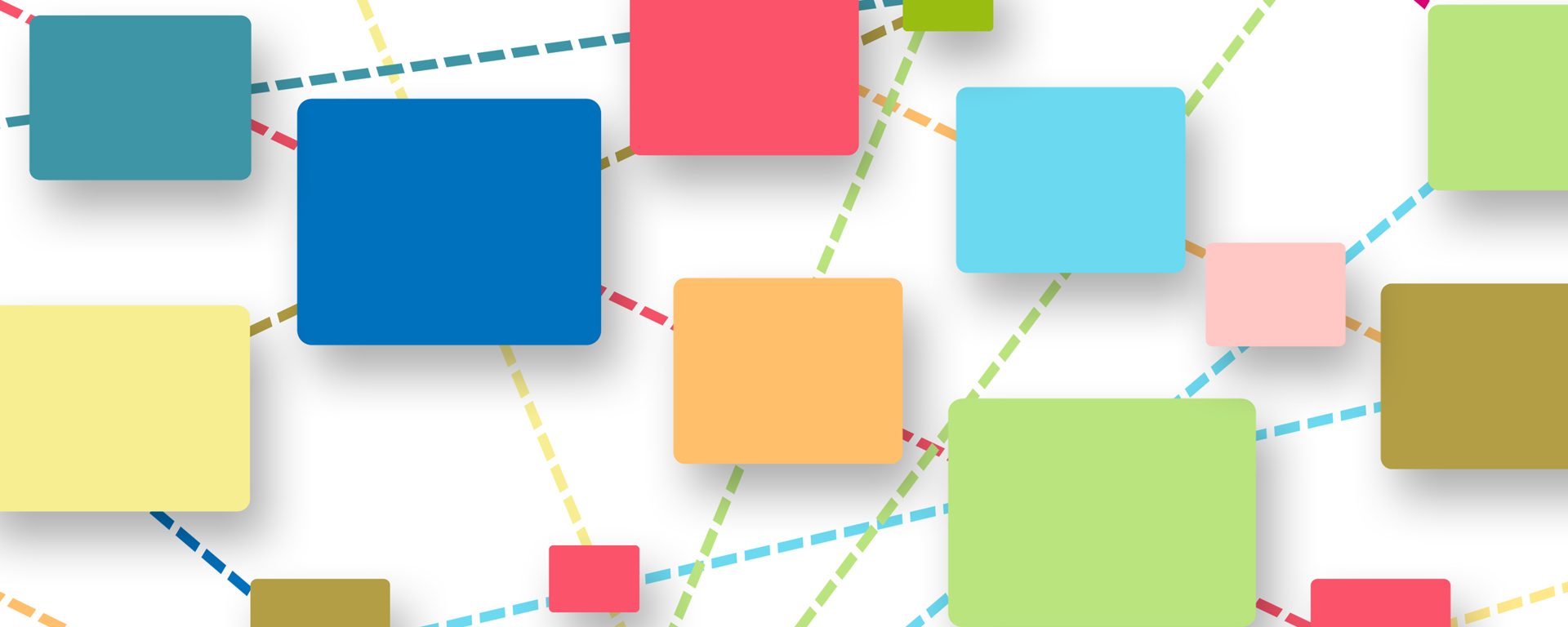Focused on the Universal Design for Learning framework, the institute aims to provide all students with supportive learning experiences.
Goodwin University has established the Goodwin Institute for Learning Innovation (GILI) to develop, implement and evaluate transformative learning for post-secondary students and faculty. Through GILI, Goodwin will facilitate learning experiences that enable individuals to realize their highest academic, professional and personal potential.
Building upon Goodwin’s mission to educate a diverse student population in a dynamic environment, the institute will train educators, conduct research and share findings based on the Universal Design for Learning (UDL) framework. UDL is an educational approach centered on the idea that students learn best when they are provided multiple opportunities to access content, engage with it and show what they know.
“Goodwin has been at the forefront of applying the UDL approach in the college setting for several years,” said Linda Gerstle, CEO of CAST, the nonprofit education group responsible for defining and promoting UDL. “Launching this institute is a testament to the dedication of Goodwin’s leadership in driving the adoption of UDL both internally and at other educational institutions.”
Dr. Diana J. LaRocco, Dean of Social and Educational Sciences and General Education at Goodwin University, will serve as the institute’s executive director. She is responsible for the development oversight of training programs and research, as well as collaborating with other higher education, government and professional organizations and national stakeholders.
Serving Diverse Student Populations
The goal of UDL is to develop expert learners, and the UDL framework provides each student with the same advantages and opportunities for success. It is predicated on the idea that from the beginning, curriculum, instruction and assessment should be flexible enough to accommodate different learning styles. Concepts such as inclusivity, fairness and equity form the foundation of UDL.
This is particularly important in post-secondary education as college students are becoming more diverse in terms of age, race, ethnicity and learning ability than ever before. Traditional teaching methods are no longer able to address the unique needs of individual learners.
“Students at Goodwin are both visibly and invisibly diverse. Working adults and veterans, English language learners and those who are first in their families to attend college are just some of the non-traditional students we serve,” said Dr. Danielle Wilken, Goodwin University Provost. “We are committed to investing in each and every one of our students, and the Goodwin Institute for Learning Innovation allows us to provide them with an education that is goal-oriented, relevant, rigorous, engaging, flexible, accessible, and inclusive.”
UDL Results at Goodwin
Goodwin faculty and students have benefitted from implementation of the UDL approach since 2015 in areas of study including accounting, health and natural sciences, manufacturing and nursing. In the first year, some Goodwin faculty using UDL methods reported a ten percent increase in average test scores. Some professors have seen a lift in test scores for multiple years since being trained in UDL and incorporating it into their classes.
“At the post-secondary level, many educators lack formal in-classroom training,” said LaRocco. “Adopting UDL in our classrooms not only benefits our students, we have also found that our faculty are eager to learn and see profound improvements in their effectiveness from using the UDL approach in their teaching.”
Coinciding with the launch of the institute, Goodwin will host its second annual Universal Design for Learning in Higher Education Conference on Friday, November 8. This sold out conference brings together UDL experts from around the country to discuss ways to operationalize the UDL guidelines.
More information about the Goodwin Institute for Learning Innovation can be found at https://www.goodwin.edu/gili/.
Goodwin University is a nonprofit institution of higher education and is accredited by the New England Commission of Higher Education (NECHE), formerly known as the New England Association of Schools and Colleges (NEASC). Goodwin University was founded in 1999, with the goal of serving a diverse student population with career-focused degree programs that lead to strong employment outcomes.

